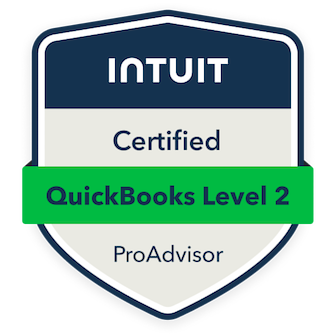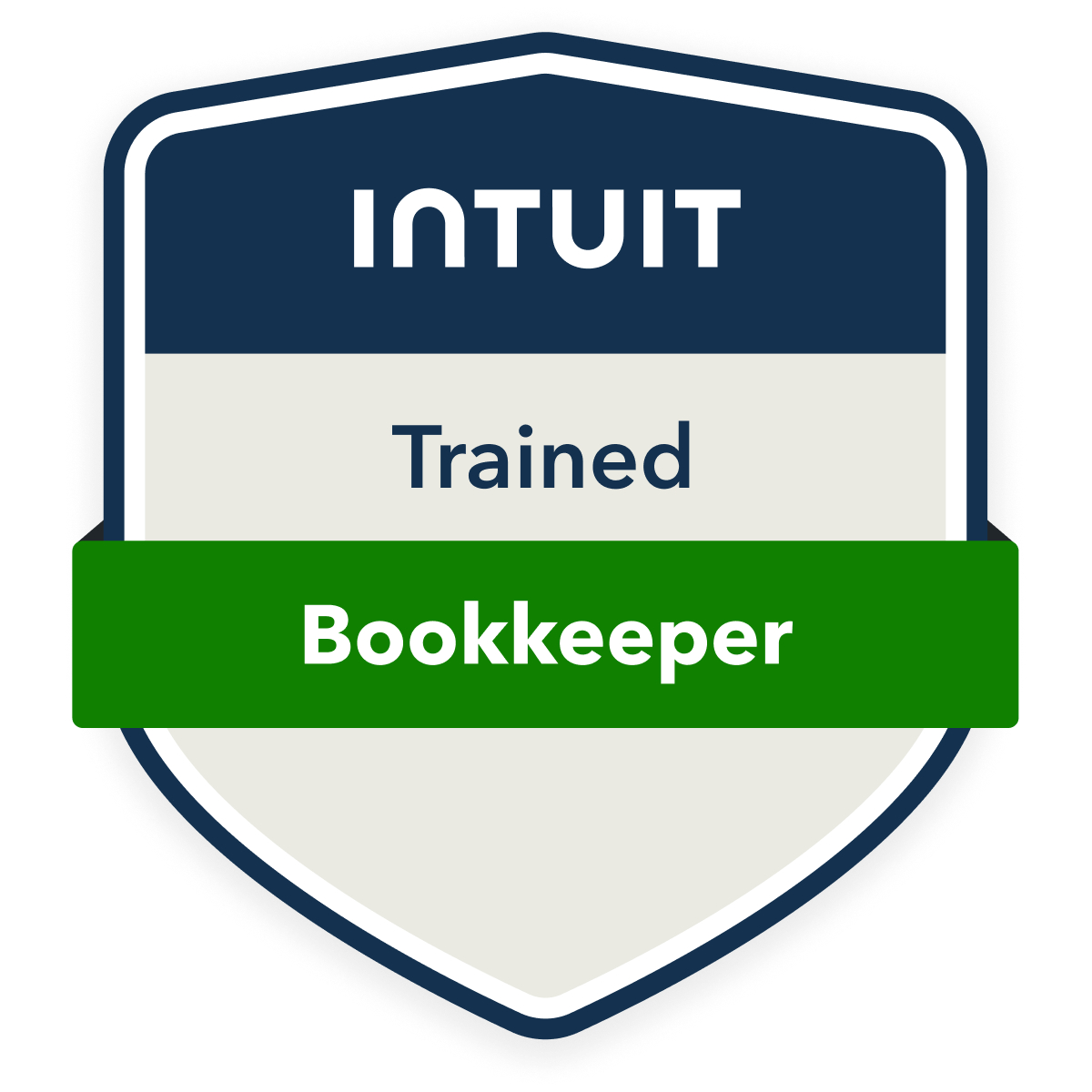
Bookkeeping Services For BRRRR Investors
We track your BRRRR from to purchase to rehab to refi. Accurate job costing, capitalized improvements, rent-ready assets, and post-refi reporting.
Why Accurate Bookkeeping Matters for BRRRR Investors
Financial Clarity and decision making
It gives you a precise view of cash flow, profitability, and where capital is going so you can strategize confidently rather than guess.
Tax readiness and compliance
Ensuring that flipping income is accurately reported for Schedule C accuracy, clean books reduce audit risk and ensure deductions aren’t missed.
Compliance and investor trust
Meticulous bookkeeping helps you stay compliant, clear, and credible to partners, lenders and creditors.
Careful Mix of House Flipping and Rental Ownership
Each BRRRR step (Buy, Rehab, Rent, Refinance, Repeat) carries unique entries. Buy and Rehab will require capitalization of all property costs into inventory. Rent and Refinance will require selling the inventory to a Rental Property LLC, and transitioning to fixed asset tracking with accurate depreciation capture.
Avoid Paying More In Taxes
At Refinance, it’s important to differentiate the proceeds received is not coded as income to ensure the IRS does not get more than they need to.
Core Services
✔️ Buy Phase Tracking
Keep track of every purchase using HUD, ALTA , and Closing Disclosures
✔️ Rehab Phase Tracking
Accurately track every rehab expenditure in the Work In Progress account
✔️ Transfer Ownership to Rental Property LLC
Sell flip inventory to a Rental Property LLC to begin tracking rent ownership
✔️ Rent Phase Tracking
Keep track of all tenant and resident income appropriately
✔️ Refinance Phase Tracking
Accurately record refinance proceeds separately from rental income
✔️ Repeat Phase Tracking
Continue to track continuous flip projects as you build your asset portfolio
How It Works
Step 1: Set up Flip & Rental QuickBooks
We will keep track of all business entities accurately on QuickBooks Online to ensure all entities remain separate.
Step 2: Track Rehab
Each flip project will be dedicated in the Projects Portal. All transactions related to the property will be mapped accordingly.
Step 3: Categorize weekly
We will enter your QuickBooks account on a weekly basis to clear the bank feed. We will ask questions while information is fresh.
Step 4: Repeat the process
We reconcile your accounts monthly. By the 10th business day of the month, you will receive updated Profit & Loss and Balance Sheet.

Heavy Hitting Testimonials
Download Our Free Guide For House Flippers
By entering your information, you’ll receive this free resource and be subscribed to receive occasional marketing emails from Check Bookkeeping. You can unsubscribe at any time.
BRRRR Investor Bookkeeping FAQs
1: How do you manage job costing during the Rehab Phase?
We allocate every acquisition, rehab, holding, closing, and selling cost to individual jobs in QuickBooks Online using the Projects Portal feature that is exclusive to QuickBooks Online Plus or Advanced.
All loan origination fees are accurately capitalized per IRS guidelines so you don’t have to worry about it.
All costs for these categories to allocated to the correct Inventory accounts on the Balance Sheet during acquisition, rehab and holding periods.
All costs are then expensed to Cost of Goods Sold (COGS) when the property is sold.
The Project Portal numbers are used as a dashboard to enable simple review of precise gross profit of each individual project to support your ROI tracking for each flip.
2: Can you handle full cycle BRRRR strategy bookkeeping?
Yes, we structure your books around the BRRRR method (Buy, Rehab, Rent, Refinance, Repeat) so each phase’s costs and income are tracked clearly per property.
BRRRR is a mix of house flipping and rental ownership. Each method has very different tax implications and recordkeeping procedures.
We will accurately capitalize and record all costs during the Buy and Rehab phases in their appropriate Work In Progress (WIP) Inventory accounts.
We will expense them at the sale to your Rental Property LLC and close out the flip project.
We will maintain the asset on the Rental Property LLC’s books using our Schedule E optimized QuickBooks Online system during the Rent phase.
3: How do you handle inaccurate or non-existent bookkeeping for BRRRR?
We offer clean up service that brings all past projects into order. During onboarding, we will work with you by providing you with a checklist of documents to gather and provide. As you provide us with asset documents, we will meet to review your investment strategies and your transactions so we accurately record. We will answer any questions you might have to help identify any holes in your records.
4: Can your bookkeeping adapt for repeated BRRRR cycles?
Yes, we build scalable QuickBooks Online structures that support reinvestment, fund rollover, and multi-project strategies.
5: How do you differentiate rental income from refinance proceeds?
We use separate accounts for operating income (rent) and refinance proceeds to ensure that you are not improperly recording income.
Improperly recorded income leads to higher paying taxes.
6: Do you book HUD, Closing Disclosure, and ALTA statements?
Yes, we will ask for all of your property statements and go line by line to ensure that we accurately record each asset acquisition, rehab cost, holding cost, closing cost, and disposition.
7: How do you handle deals purchased using hard money loans?
We will ask you to provide us to view-only access to the lender’s portal in order to retrieve all origination, finance and statement documents pertaining to the loan. If you cannot provide view-only access, we will request statements each month in order to capitalize all appropriate loan costs.
8: How are BRRRR rehab and holding costs captured?
During the Buy and Rehab phases, we allocate every acquisition, rehab, holding, closing, and selling cost to individual jobs in QuickBooks Online using the Projects Portal feature that is exclusive to QuickBooks Online Plus or Advanced.
All loan origination fees are accurately capitalized per IRS guidelines so you don’t have to worry about it.
All costs for these categories to allocated to the correct Inventory accounts on the Balance Sheet during acquisition, rehab and holding periods.
All costs are then expensed to Cost of Goods Sold (COGS) when the property is sold.
The Project Portal numbers are used as a dashboard to enable simple review of precise gross profit of each individual project to support your ROI tracking during the Buy and Rehab phases.
9: How do you book refinance and loan payoff?
When you successfully refinance a loan, using the refinance HUD statement, we will debit the original loan to bring the balance to zero. We will record any prorated interest expenses. We will assume credit the new loan onto the books, and deposit the remaining proceeds into the checking account.
It's essential not to record loan proceeds as income; they increase cash but create a liability, and misclassifying them inflates net income. Recording loan proceeds improperly as revenue gives an inaccurate portrayal of profitability which can lead to paying more in taxes.
10: When does depreciation start?
Depreciation starts during the Rent phase. When the flip inventory is complete and sold to your Rental Property LLC, we will now track the asset as Fixed Assets.
The building, closing costs, and Capital Improvements (CapEx) will then be eligible for depreciation.
The loan finance charges incurred at origination of the loan will be amortized over the life of the loan.
We will record all of these depreciation and amortization expenses according to the Depreciation and Amortization Schedules so you can see the benefits that most real estate investors love.
11: If I have a Cost Segregation Study (“Cost Seg”), will you help me record it in my bookkeeping?
Yes, we will have this item on your onboarding checklist. We will ask for your Cost Seg study so we can ensure that it is accurately reflected in your bookkeeping records and Chart of Accounts. We separate each item into it’s appropriate capital expenditure (CapEx) account based on depreciation schedules. We will work with your tax professional to ensure that it’s accurately reflected for tax planning purposes.










